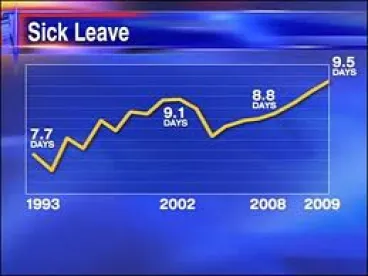This week, in Austin, Texas, several business groups and staffing organizations sued the City of Austin to prevent its paid sick and safe leave law from going into effect on October 1, 2018. As detailed in a previous post, the Austin ordinance requires employers to provide employees who work at least 80 hours in Austin in a calendar year to accrue paid sick leave at the rate of one hour for every 30 hours worked, up to 64 hours annually (48 hours for employers with 15 or fewer employees).
The plaintiffs argue the Austin ordinance violates minimum wage laws: “The Texas Minimum Wage Act prohibits municipalities, such as the city of Austin, from regulating the wages of employees of private businesses, incorporating the standards of the federal Fair Labor Standards Act into state law, but further preempting any municipal ordinances from going beyond those standards.” By requiring employers to pay employees for time away from work, the plaintiffs argue it effectively requires employers to pay more than the minimum wage. The plaintiffs also contend the law violates the Texas constitution.
This lawsuit is one to watch as the issue is quickly becoming a race to appeal to hearts of Texans. Indeed, there are efforts underway in other major Texas cities, including Dallas and San Antonio, to pass paid sick leave laws similar to Austin’s new ordinance. Opponents of efforts to mandate paid sick leave at the state and local level tend to cite to the compliance burden on employers, who have to navigate an increasingly complex web of state, federal, and local laws governing paid and unpaid leaves.
Other cities and states outside of Texas considering similar paid sick leave laws will pay particular attention to the outcome of the Austin lawsuit. Similarly, this is not the first challenge to paid sick leave laws. For example, airlines recently filed suit against Washington and Massachusetts, alleging their paid sick leave laws violate U.S. Constitution commerce clause and that the 1978 Airline Deregulation Act preempts them.





 />i
/>i

